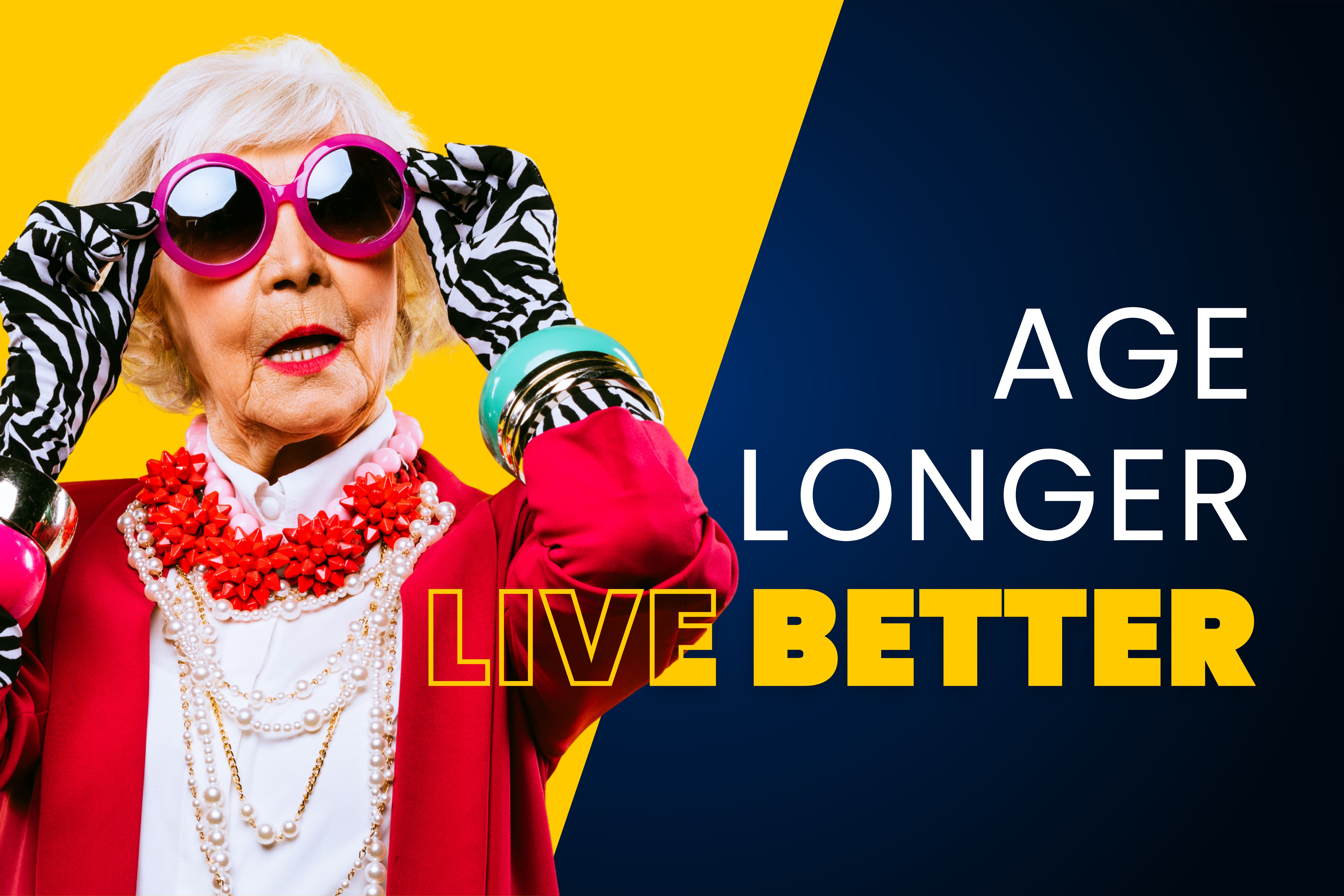In the rapidly evolving field of longevity medicine, tech startups are racing to automate health solutions on an unprecedented scale. Companies like InsideTracker, Superpower, Function Health, and Levels harness data-driven approaches to help individuals optimize their well-being. As a healthtech innovator, I recognize the allure and importance of scaling—the venture capital model thrives on efficiency and mass reach. Yet, as a practicing physician, I've realized that relentlessly pursuing scale dilutes the meaningful patient connections that first drew me to medicine. Instead of treating individuals as mere data points in an expansive system, I've now chosen to focus intently on the person right in front of me. In an industry fixated on "bigger," I've deliberately opted for "smaller.”
A Relationship-Focused Practice
This transformation was deeply personal. Amid the hustle of traditional high-volume clinics and the expansion of tech platforms, I found myself drifting away from the very reasons I entered medicine. The modern healthcare model often reduces doctors to cogs in a machine that values efficiency over human connection. Even in complex specialties like oncology, physicians are pressured to see 30 to 40 patients a day, leaving little room for genuine interactions. Considering that humans have evolved to maintain only about 150 stable relationships—known as Dunbar's number—a physician can meaningfully connect with only 30 to 40 patients overall if they wish to have a life outside of work. Massive patient panels mean significant life events—like career transitions, the birth of a child, or the loss of a loved one—often go unnoticed, yet these profoundly impact a person's health. I became a physician to heal, support, and be a true partner in my patients' lives. To realign with my core values, I knew I had to reinvent the way I practiced.
My practice now represents a conscious shift away from the high-volume healthcare model. Transitioning from managing hundreds of patients with infrequent, impersonal interactions, I've embraced a more intimate model. Now, my relationships with patients resemble those you'd have with a trusted family doctor: accessible, deeply involved, and attuned to their unique health experiences. When a patient texts me about a troubling sleep pattern or a new test result they've uncovered, we discuss its implications immediately—just as you might consult a close friend who happens to be a doctor. This is the quality of care I aspire to provide, which is why I've committed to serving fewer patients but in a more profound way.
A Diverse Approach to Work
Embracing this personalized approach comes with its trade-offs. I consciously avoid the consumerist healthcare model where patients purchase prescriptions or interventions without the guidance of a skilled clinician. I also don't want my patients—or myself—to bear the emotional burden of counting the cost of every interaction. My practice operates on a membership concierge model. While it has the potential to cost less in the long term, the upfront investment means it's not accessible to everyone, and I grapple with the implications of that exclusivity. However, for those who prioritize a proactive, deeply personalized approach to their health, the benefits are substantial. By keeping my practice intentionally small, I can be fully present, offering my time and energy without hesitation.
Thanks to my diverse professional portfolio, I am fortunate to decouple my primary source of income from my clinical work. This allows me to choose my method of practice without strong incentives to increase costs for my patients or expand my clinic volume. It enables me to be a doctor in a way that is most aligned with my values. This includes dedicating a significant portion of my time to researching and evaluating the scientific evidence behind the cutting-edge, unconventional, and highly personalized interventions used in the longevity field. I recognize that this is a privilege many clinicians do not have, especially early in their careers, and this has motivated me to help other physicians build similar practices. By embracing these trade-offs, I stay true to my mission of providing meaningful, personalized care while collaborating with and encouraging other physicians to explore similar paths.
Balancing Innovation with Human Connection
My journey as a healthtech founder has also been complicated because of these personal reflections about depth versus scale. I too have felt the pull to create something monumental—an AI-driven solution capable of scaling infinitely. There's undeniable value in leveraging technology to democratize access to quality health guidance. There are too many patients today who struggle with chronic disease management in understaffed clinics; the one-size-fits-all approach fails to address each individual's unique challenges and often does more harm than good. In these situations, technology could elevate the standard of care, overcoming human resource limitations and systemic inefficiencies. AI tools can offer personalized insights on a massive scale, potentially transforming under-resourced clinics where patients receive generic, superficial care.
As a physician focused on care that is both personal and personalized, I have seen how such technology can be a powerful ally in clinical practice. By accessing new technologies, I can provide the best of AI-generated knowledge combined with human clinical synthesis. This allows me to stay at the forefront of medical advancements while maintaining the deep, personal connections with my patients.
In fact, as I delve deeper into technological solutions, I find myself contemplating whether the real answer for the masses lies in open-source platforms. Democratized solutions could foster collaboration and innovation, dismantling barriers to quality care. Such an approach would make foundational health solutions accessible to everyone, although such a design would counter the proprietary business models of many AI-healthtech companies.
So while I've chosen depth over scale in my clinical practice, I haven't turned away from the potential of scalable solutions. Separate from my hands-on patient care, I'm actively involved in ventures that harness technology to broaden access to quality healthcare. By developing scalable healthtech solutions, I hope to contribute to a future where everyone benefits from personalized health insights, regardless of socioeconomic status. This dual approach allows me to make a difference both intimately and on a larger scale.
The Approach I’ve Chosen
Longevity medicine is fundamentally about being personalized, proactive, and preventive. When I think about the kind of physician I want to be, words like "personal," "focused," and "long-term" come to mind. My approach doesn’t work for everyone—it truly is my unique take on how to practice medicine well in today’s world.
By balancing my hands-on clinical work with scalable ventures in health technology, I aim to make a meaningful impact both intimately and broadly. In a world chasing bigger, I’ve chosen a smaller approach—one that aligns deeply with my values and the care I want to provide.
.jpg)




.jpg)





